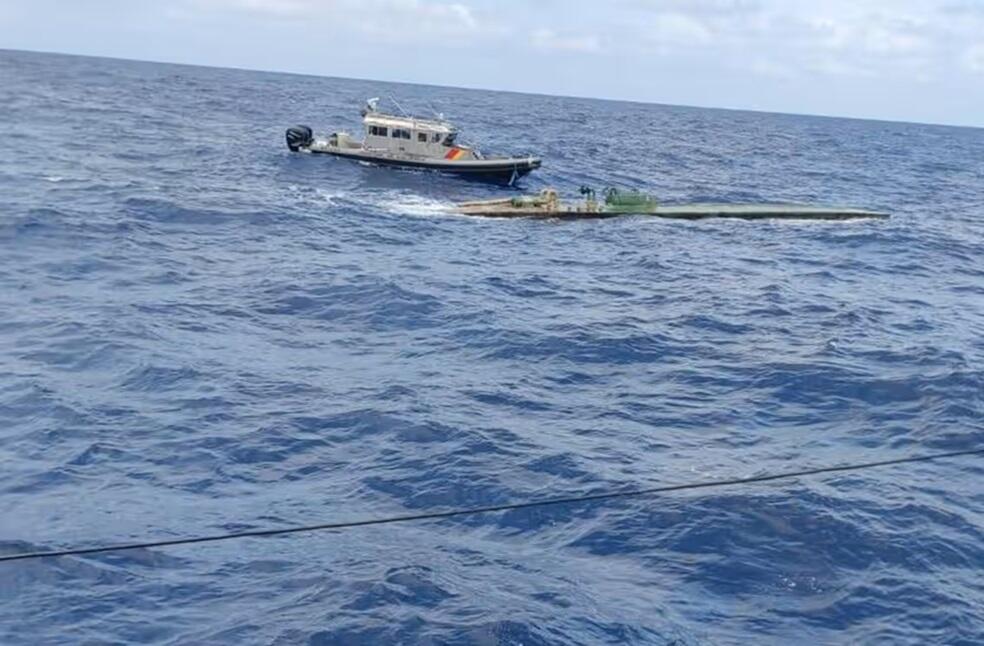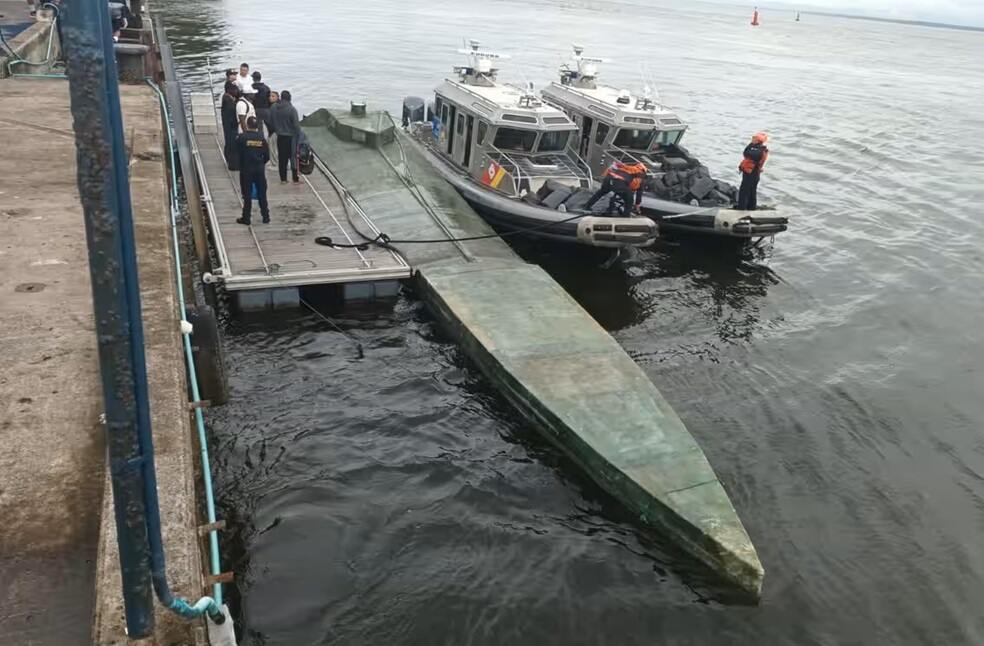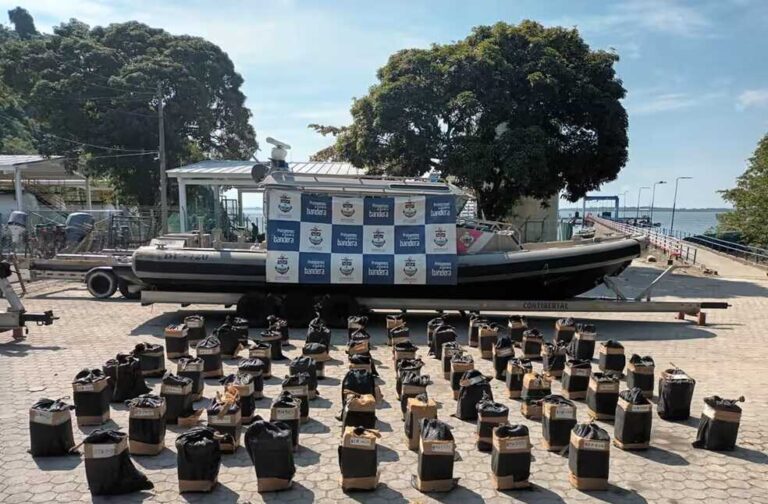Colombia: The Colombian authorities alongside law enforcement agencies from 61 other countries in a groundbreaking operation, have intercepted a record-breaking 225 tonnes of cocaine over six weeks.
The operation, termed Operation Orion, led to the confiscation of a staggering 1,400 tonnes of illegal drugs, including more than 1,000 tonnes of marijuana. This marks the largest cocaine seizure ever recorded in a single anti-narcotics effort.
The seizure of such a substantial cocaine haul is a significant blow to Latin American cartels, which are responsible for the bulk of the world’s cocaine production.
According to the United Nations, global cocaine production reaches an estimated 2,700 tonnes annually, and in 2022, Colombia’s highest annual seizure was 671 tonnes.

Captain Manuel Rodríguez, director of the Colombian navy’s anti-narcotics unit, stated that, “This is an important chunk of the cocaine trade, even when you consider the high amounts of the drug leaving the region.”
In addition to the massive drug haul, the six-week operation, which ran from mid-October to late November, resulted in more than 400 arrests and disrupted illegal weapons shipments and migrant trafficking.
The operation involved close collaboration between various international agencies, including those from the US, European Union, and Australia.
One of the most notable achievements of Operation Orion was the interception of six semi-submersible vessels, colloquially known as “narco submarines,” which were transporting large quantities of cocaine.
These stealthy vessels, which sit low in the water to avoid detection, have become a favoured method of transporting illicit drugs.

A significant breakthrough came when one such vessel was intercepted 1,250 miles southwest of Clipperton Island, carrying five tonnes of cocaine en route to Australia. It marks the first time a semi-submersible has been caught heading to Oceania, indicating that traffickers have shifted tactics, using these inconspicuous vessels to bypass anti-narcotics authorities.
The intercepted semi-submersible had set sail from Tumaco, a port city on Colombia’s Pacific coast, and was making its way to Australia- a 4,000-mile journey.
“This is a new route that they have opened for semi-submersibles. The vessel was found in the middle of nowhere, close to 3,000 miles off the Colombian coast heading to Australia and New Zealand,” Captain Rodríguez explained.
Authorities believe that the new tactics, such as the use of improved semi-submersibles with greater fuel capacity, could mark a new phase in the fight against drug trafficking. However, the operation’s success also highlights the power of international cooperation, as authorities from 62 countries pooled resources, including planes, helicopters, and frigates- along with intelligence sharing to thwart the drug trade.



